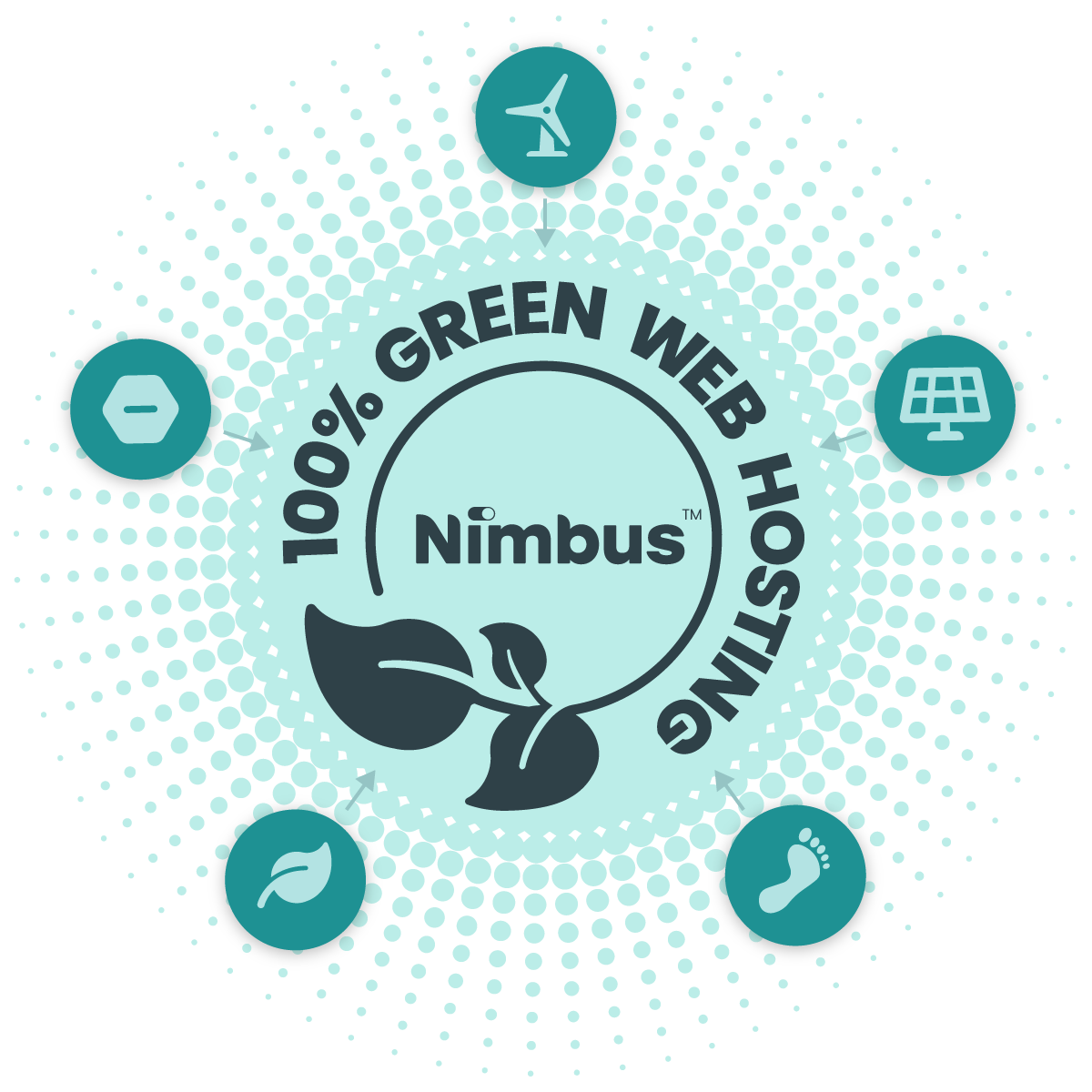
How agencies can convert clients to sustainable web hosting
By Greg Findley | 07 Jun 23
Dreamweaver tables. Flash landing pages. Since I started as a web designer in 2008, it’s fair to say a lot has changed. In the past 15 years, our digital landscape has been reinvented – more than once! And, as climate change becomes a growing, ever-present concern, our real-world landscape has been changing too.
When you live and breathe digital, it’s easy to forget that the links between our web habits and real lives are deeply embedded. It’s there in the way social media has changed how we communicate day to day. And, sadly, it’s there in how our digital activities directly affect the environment around us.
As the director of Mantra, a web design agency, I’ve seen first-hand just how much of a utility web hosting can be. It’s treated in exactly the same way as your electric bill or water supply – an essential commodity, chosen for price, stability, and service.
The idea of choosing a web host based on sustainability is still fairly new, but rising in importance. That means, for agencies that get ahead of the curve, the opportunity is huge.

Do websites consume much energy?
Your website probably isn’t making any polar bears homeless. But, collectively, all the websites on the internet consume energy on an incredible scale. According to the Website Carbon Calculator, the internet consumes an average of 416.2TWh every year.
In context, that’s more than the whole of the United Kingdom.
Of course, all that energy provides real value. It enables people to communicate faster and more flexibly than ever before. It puts information on everything under the sun just a few clicks away. And it keeps your agency in business.
The problem isn’t the energy consumption. It’s just how much of that energy is wasted. And that’s where you can start to illustrate the problem to your colleagues and clients.
Reduce energy wastage with efficient websites.
Any good sales process starts with a simple, measurable problem – one you can promise to solve.
Slower website loading times mean more energy consumption than necessary. As with all things sustainable, it’s about efficiency. But let’s be honest: your slow-to-load website isn’t about to bring the National Grid to a grinding halt.
The reality is that the wasted energy from sub-par performance is negligible on an individual level. It’s only when you consider thousands of page views, across over one billion websites, that the consequences become stark.
If you’re interested in understanding the scale of the problem, the Website Carbon Calculator is a great place to start. Throw in a few domain names and you’ll see a comparison score as well as CO2 and kWH usage. You can also experiment with different numbers of page views to see how increased traffic creates even more waste.
It’s a real eye-opener – and a powerful way to introduce your clients to the idea of sustainability and why responsible web hosting is key.
High sustainability creates high performance.
For the right clients, the idea of playing your (small) part in creating a more sustainable internet is a powerful message. We all like to think we’re doing our bit. But this area is still emerging and some clients still need a more grounded, bottom-line approach.
Faster website loading reduces wasted carbon emissions – but it also delivers more immediate, tangible benefits for your clients.
Useful talking points for your client conversations include:
- Studies have consistently shown that fast page speeds result in a higher conversion rate (see WPO Stats for more)
- A faster-loading website helps to reduce its bounce rate
- Google takes page loading speed into account in its Core Web Vitals, so it could also lead to stronger search performance and more traffic
- Offsetting the carbon footprint of a website with green web hosting could contribute to a client’s wider sustainability targets – an area they may have overlooked previously
If you’re striving to get more of your clients onto sustainable hosting, there’s no shortage of reasons for them to get involved.
Making sustainability your next USP.
From showcasing client credentials to your best portfolio pieces, your pitch decks and proposals are already stuffed with great differentiators. At the same time, a commitment to sustainability has one big advantage: it’s something you can measure, report on, and illustrate with statistics.
Some useful ideas could include:
- Positioning your agency brand as committed to protecting the environment
- Bringing references like The Green Web Foundation into your proposals to build credibility
- Before/after case studies to emphasise the performance gains of your clients
- Showcasing the vast benefits of fast loading for UX and conversions
- Working with a proactive partner like Nimbus, unlocking server-side tools like NimCache for page loading time optimisation
The opportunities for promoting sustainable web hosting in your service offering are plentiful. Agencies like ours now have the data and research tools to educate clients and encourage them to make the switch.
By connecting the environmental benefits with enhanced site performance, you’re making it clear to clients that it’s not a case of choosing one or the other.
Making green web hosting part of the conversation isn’t just good for the planet – it’s good for your business and your clients.
